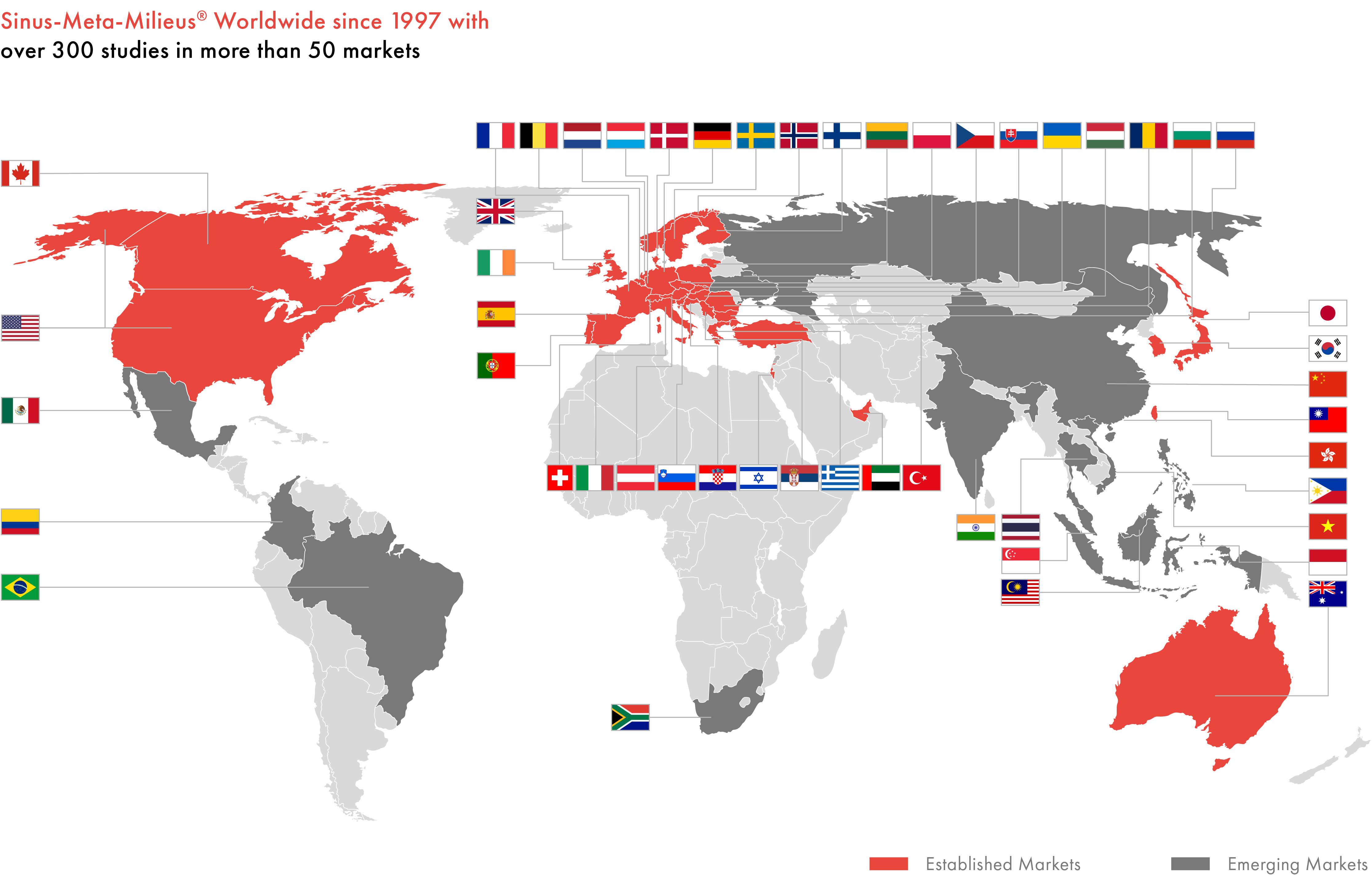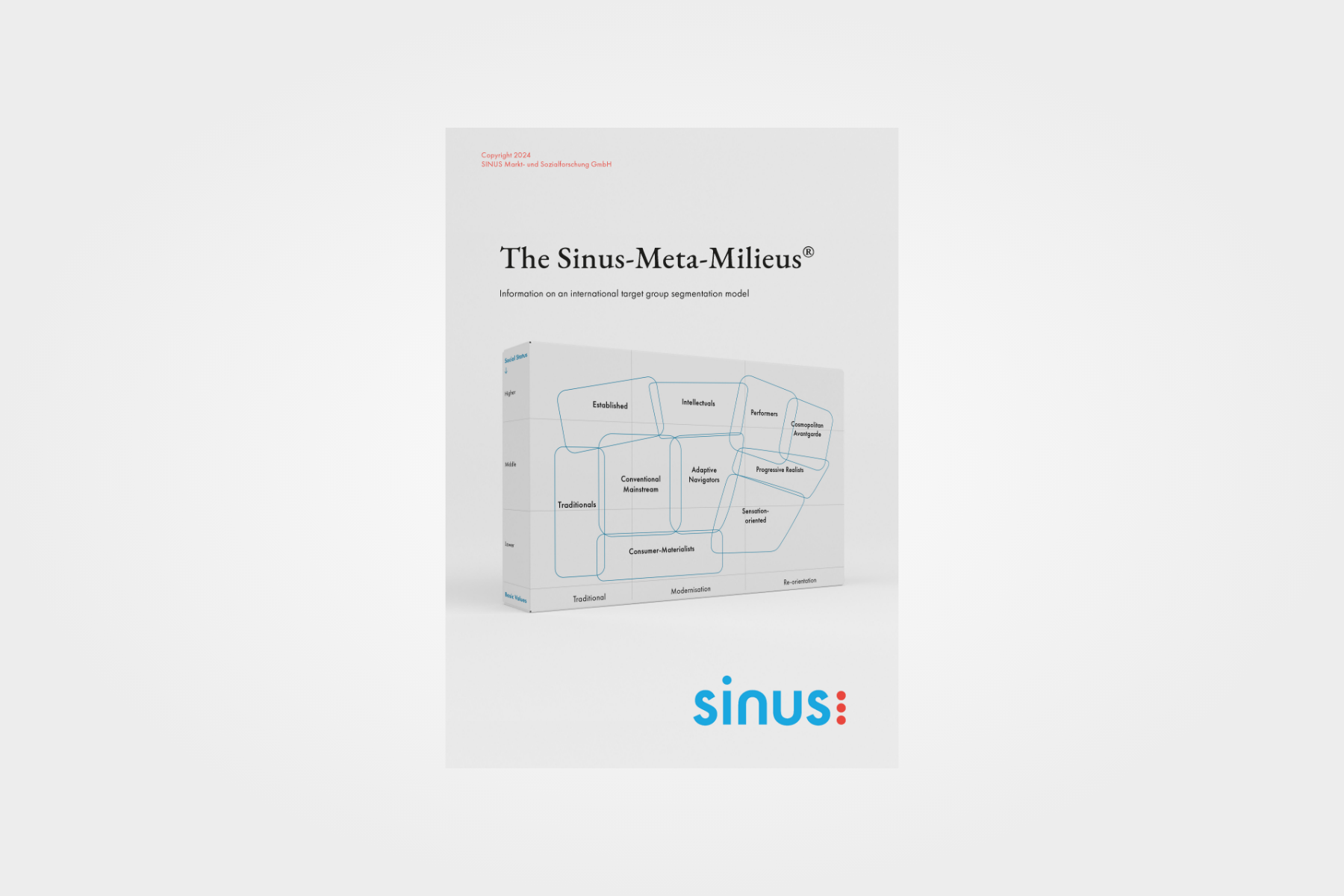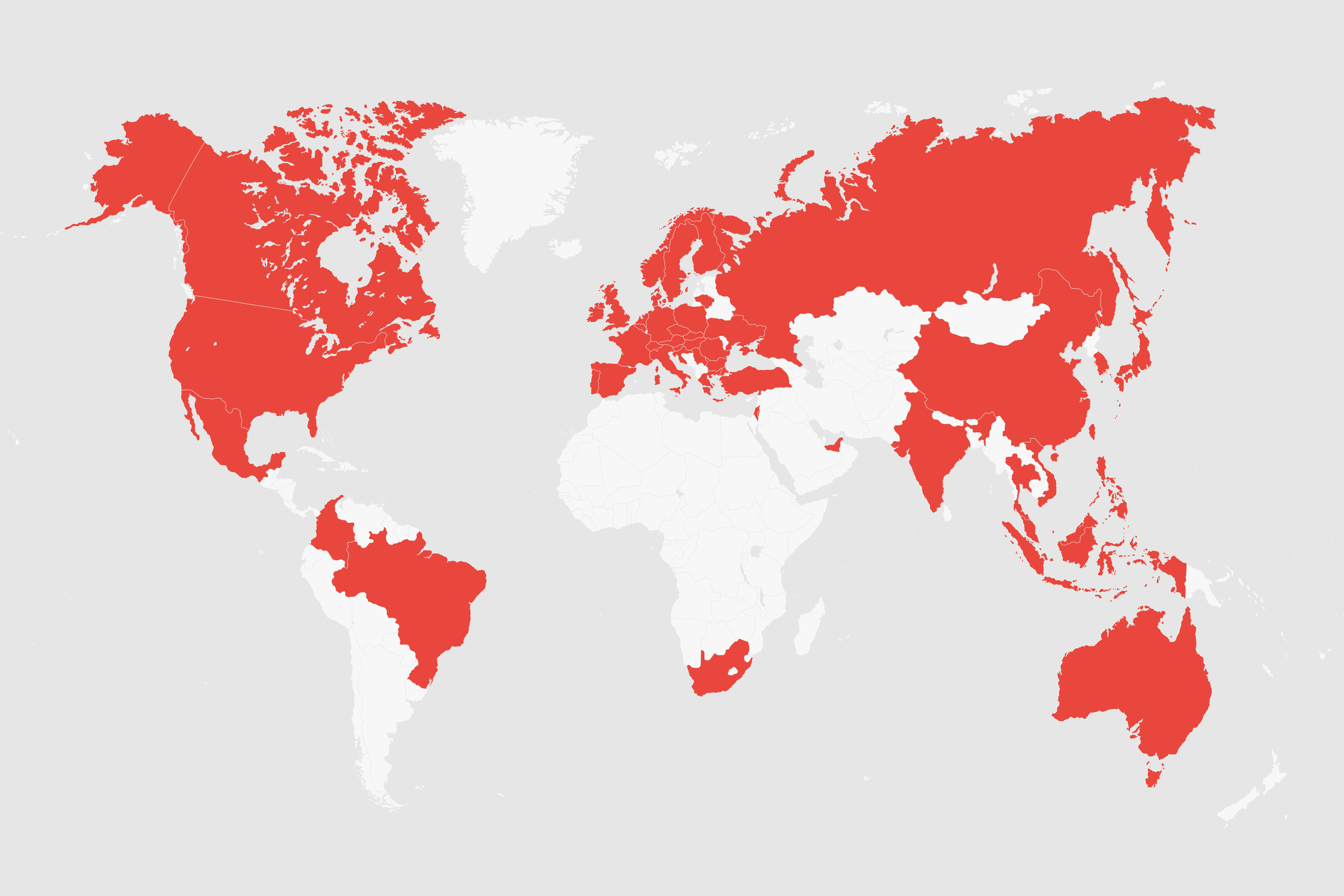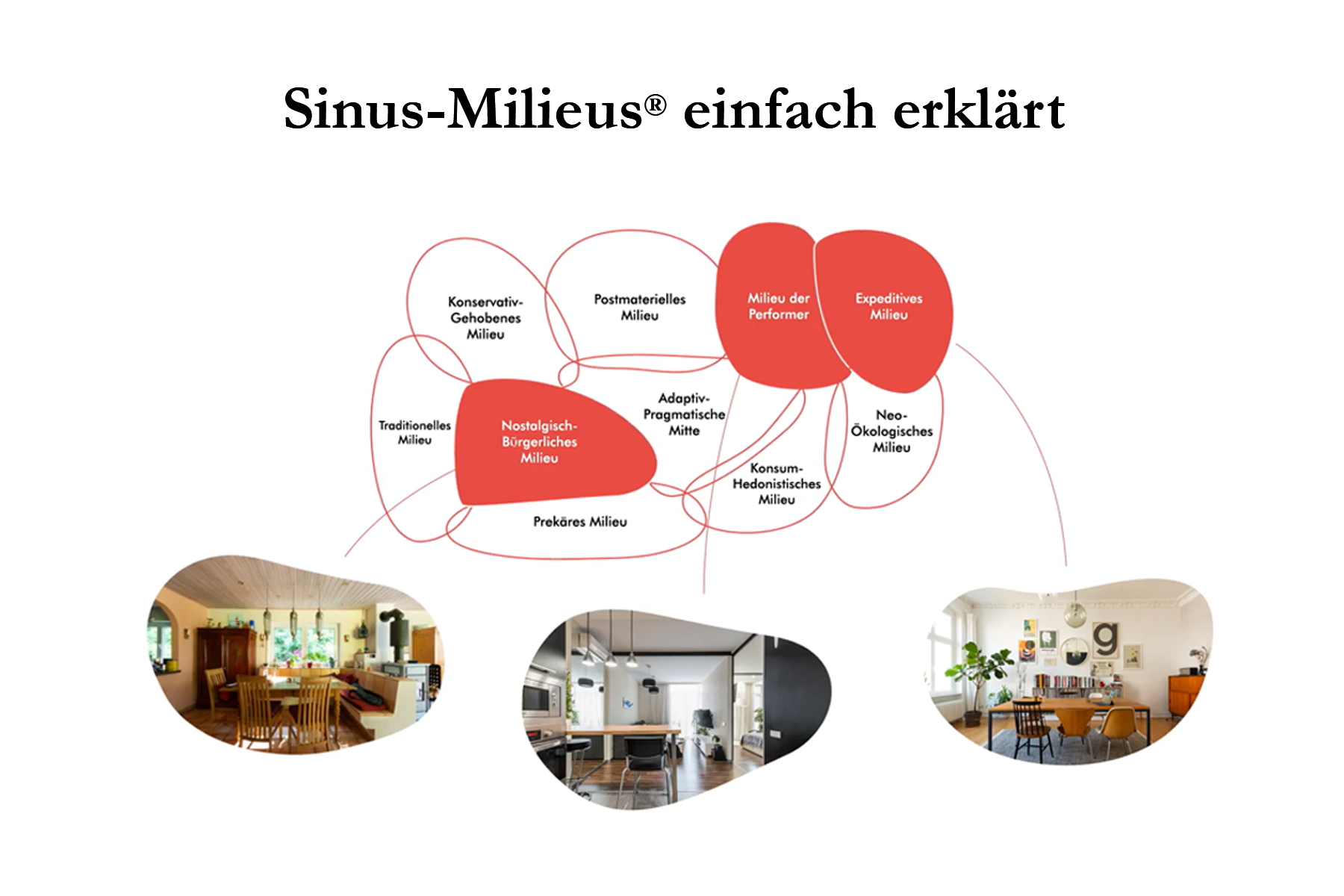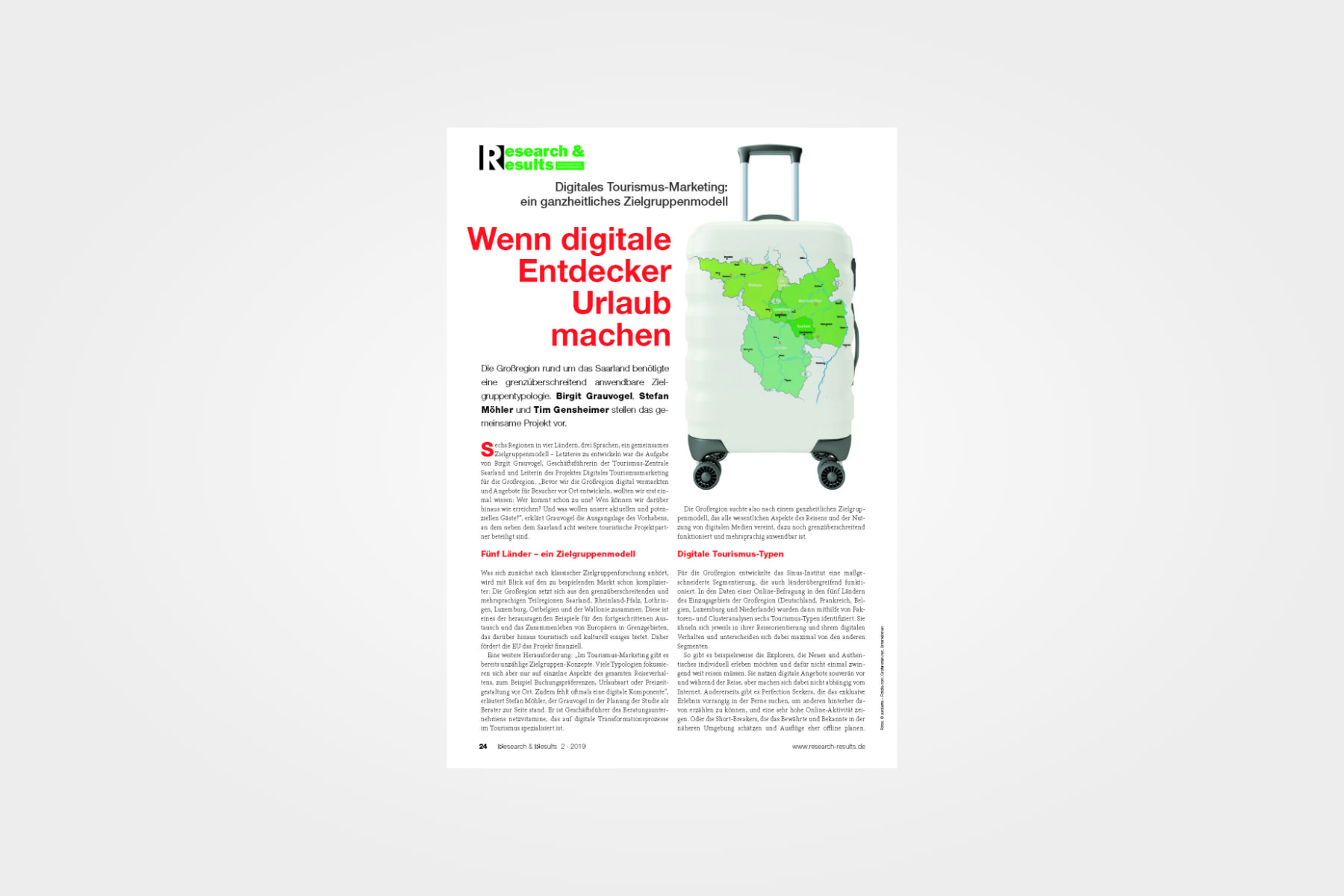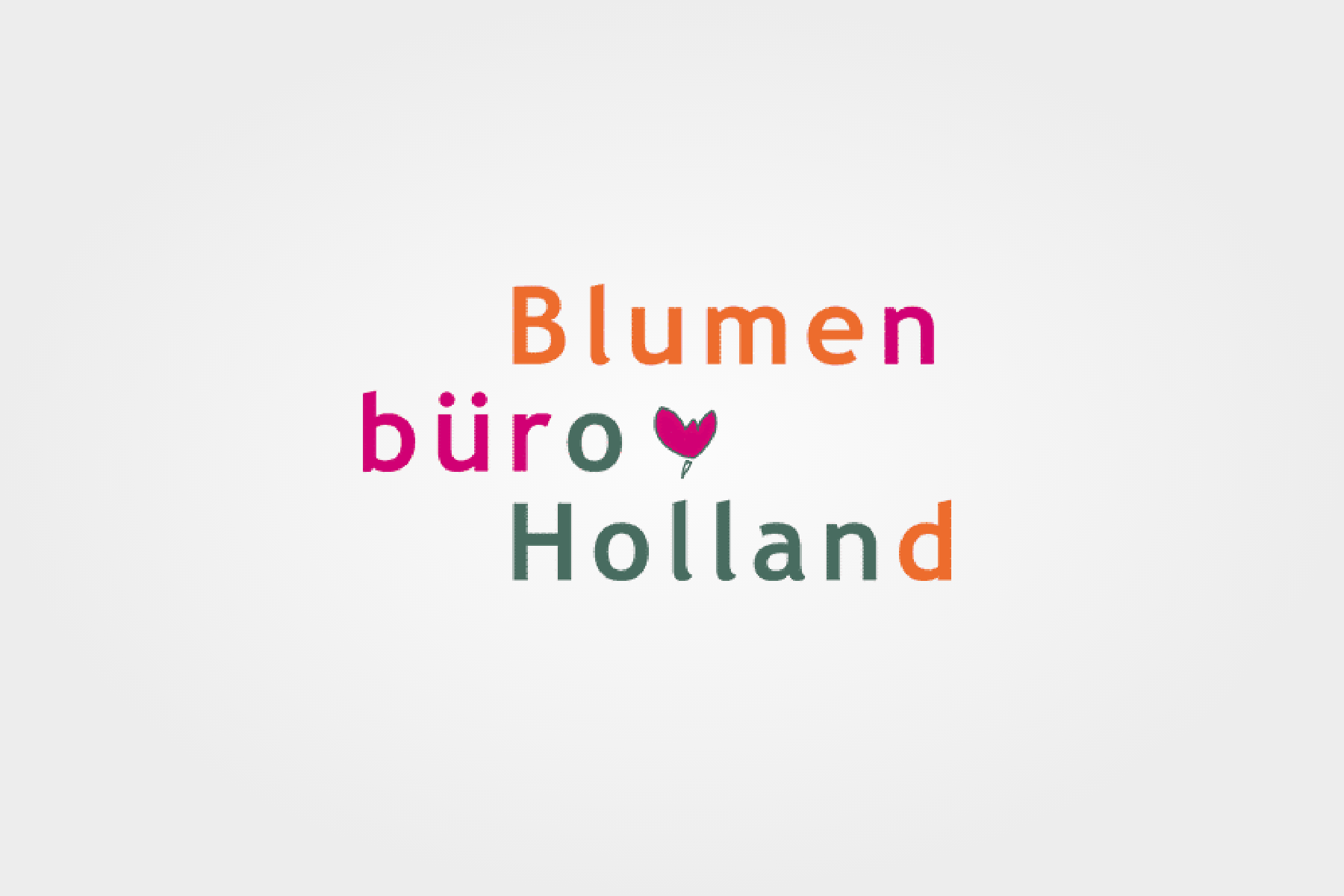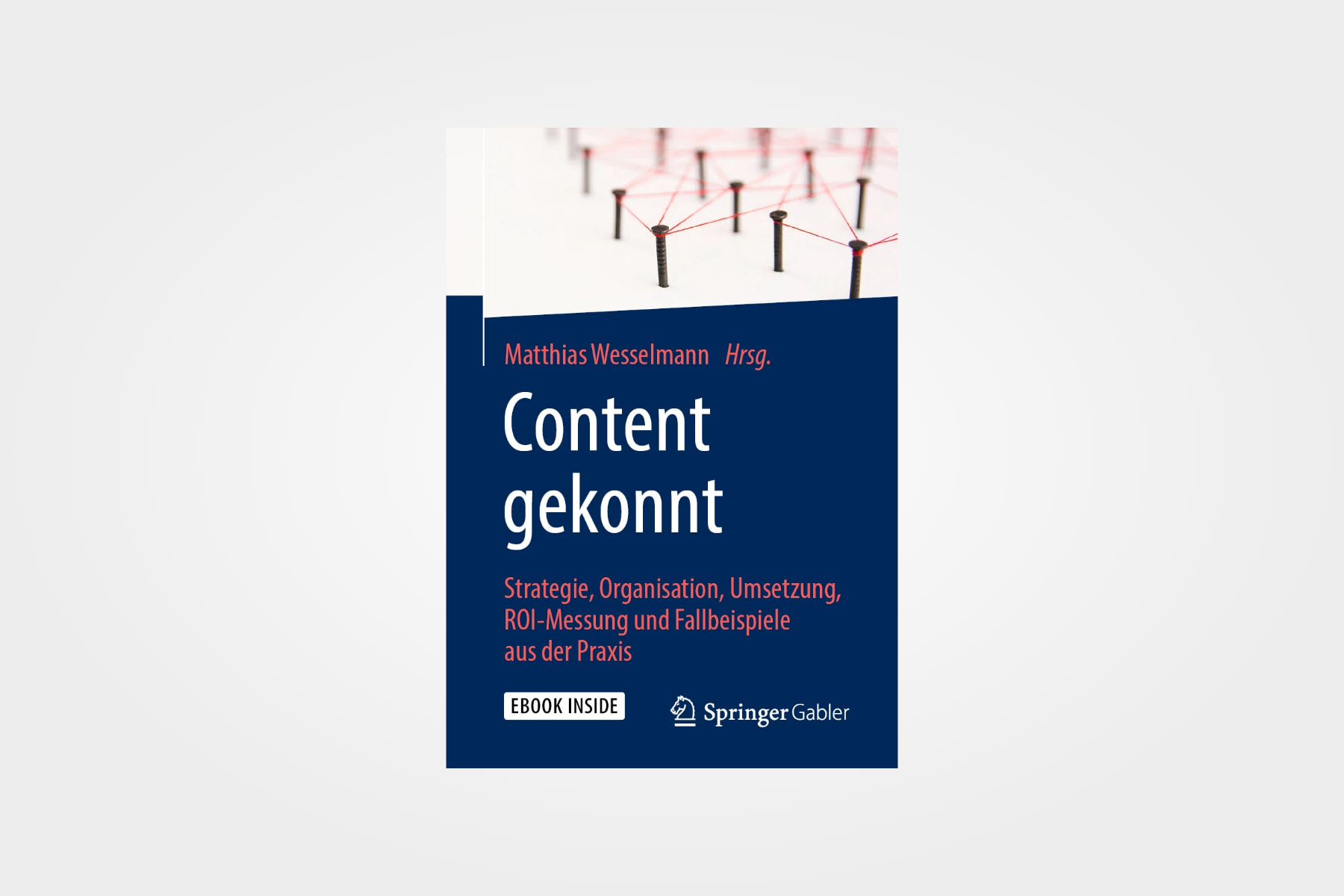| Sinus-Milieus | Short description |
|---|---|
| Established | Status-driven conservative elite: High self-confidence; classic responsibility and performance ethics; exclusivity and status claims; acceptance of social order |
| Intellectuals | Academic elite with post-material roots: High affinity for indulgence, sensuality, art & culture; critical of globalization; advocating for justice & public welfare; taking responsibility for oneself and others; affinity for (continuing) education and embracing quality of life |
| Performers | Efficiency- and progress-oriented modern elite: Global economic and liberal thinking; affinity for “best in class” consumption, modern design, early adopting; interest in technology & digital; competitive and career-oriented, networker; open to change, new things |
| Cosmopolitan Avantgarde | Ambitious & individualistic avant-garde: Cosmopolitan, urban, mobile & flexible; digital nomads, life-style vanguards; pronounced self-expression; postmodern lifestyle elite, anti-mainstream, desire to stand out; joie de vivre, ambitious and success-oriented |
| Progressive Realists | Drivers of social transformation: Sustainable lifestyle without ideology of renunciation; driving the global social transformation; progressive, optimistic; taking responsibility for society; ease of dealing with contradictions, party & protest, seriousness & entertainment |
| Adaptive Navigators | Adapting modern mainstream: Flexible pragmatists; young modern middle class; high willingness to adapt and perform; modern lifestyle, digital affinity; reliable & loyal, open to new – but tested and verified - things |
| Sensation-Oriented | Materialistic- and entertainment-focused (lower) middle class: Hedonistic approach, with focus on today; conspicuous consumption; adjustment if necessary, breakout if possible; unconcerned, open to risks; anti-bourgeois yet materialistic life-style, rejection of political correctness and conventions; looking for fun, action, entertainment, stimulation |
| Conventional Mainstream | Harmony-seeking older middle-class: Middle class under financial and ideological pressure; desire for secure circumstances, fear of losing well-deserved achievements; search for community, cohesion, social life, neighborly support – down to earth; distrust towards the primacy of the elites – feeling of being left out in favor of others |
| Traditionals | Order-seeking older generation: Petty bourgeois world, traditional working-class culture; desire for social security, harmony, consistency; (voluntarily) disconnection from modern lifestyle and digital culture; desire for simple, safe, down-to-earth lifestyle |
| Consumer Materialists | Lower class striving for orientation and participation: Precarious living conditions; undemanding adaptation to necessities; desire for consumption standard of the middle class; defiant cohesion within their own community; fear of speed of change, being left behind |

